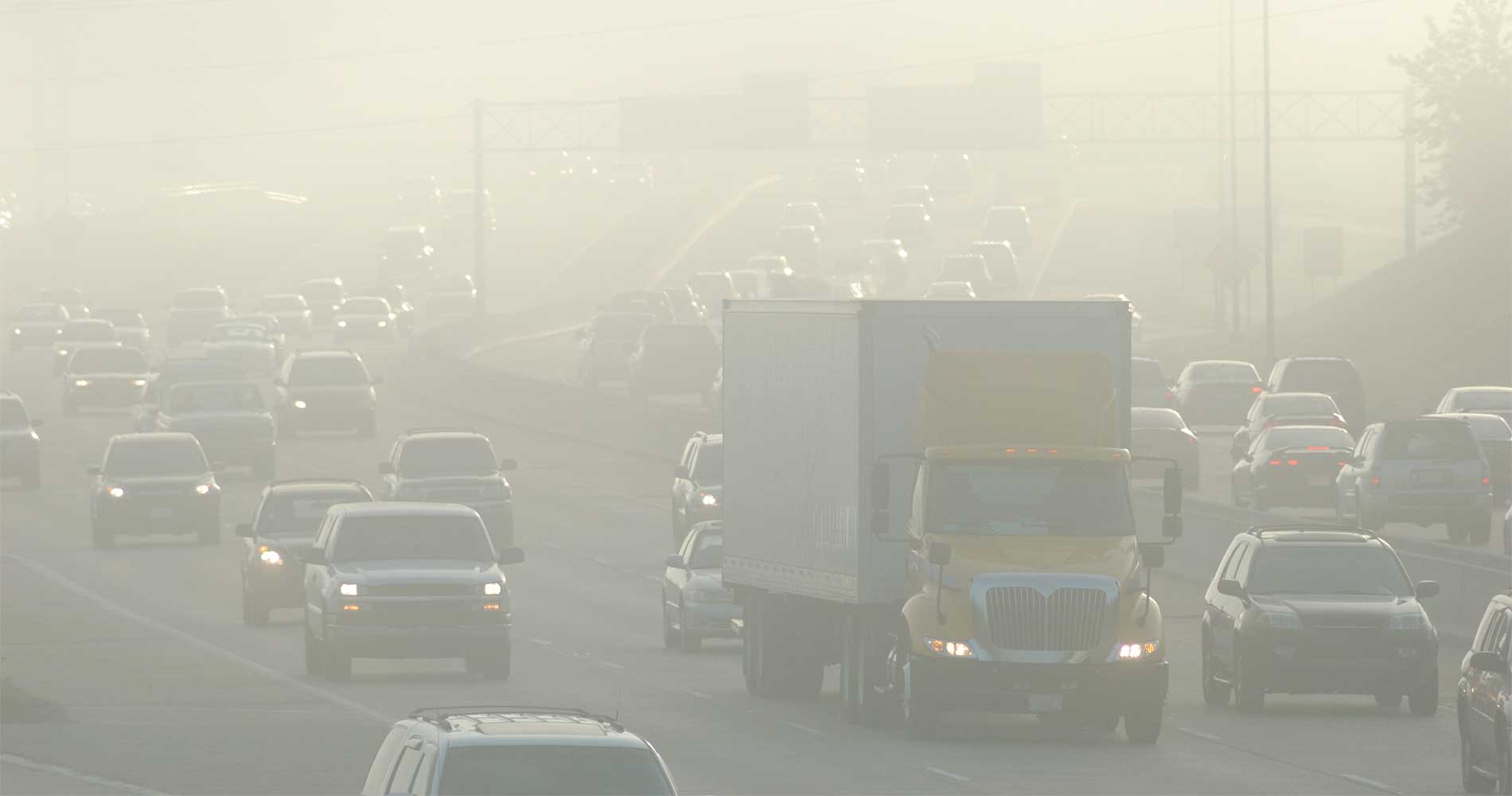By Lindsay Lewis
There are many days in Houston when the air quality negatively affects those with asthma and other respiratory problems. These Asthma Air Awareness Days are issued when ozone levels are high. And as the city population explodes over the next 20 years, pollution is expected to increase as much as 80% across the Greater Houston area.
Researchers at the University of Houston have determined this spike in harmful NOx emissions from mobile sources due to the growth in the city will have significant impact for individuals with respiratory disorders.
Yunsoo Choi, an associate professor in the UH Department of Earth and Atmospheric Sciences, and his team set up a modeling platform to examine the impact of fleet electricification on pollution levels in the city. The team used a modeling cluster to pull in emissions data and meteorological data into an air quality modeling system developed by the Environmental Protection Agency (EPA) to examine four scenarios: business at usual, then 30%, 70% and 100% of vehicles in Houston transitioning to electric powered.
Choi and his team found that with 100% fleet electricification, there would be a 95% reduction in NOx and particulate matter emissions, leading to substantial health benefits from decreased exposure to ozone.
“Future plans for the city need to consider the human health impact of pollution from car emissions,” said Choi. “In addition to a financial benefit, better air quality is good for Houstonians.”
Once the team determined the emissions scenarios, they used the EPA’s BenMap system to estimate health benefits. They found that even moderate electrification could have significant impact for those suffering with asthma and respiratory disorders, reducing hospital admissions by preventing ozone-induced morbidities and leading to a combined economic benefit of nearly $1 billion. With 100% fleet electrification, the team found benefit to health and the economy to exceed $2 billion, which includes some 18,000 saved school days and close to 25,000 asthma exacerbations.
“This is for the city, for our community, for my family and myself,” Choi said. “I plan on living here a long time.”
Choi’s work is funded by the Healthy Port Communities Coalition and the Public Citizen Foundation.
Image: Getty Images+/E+/plherrera
